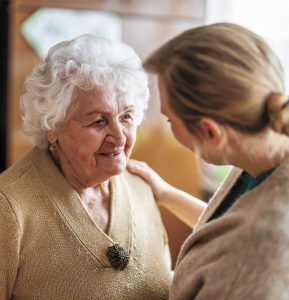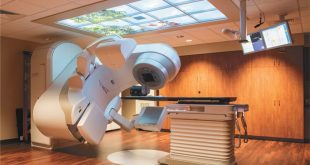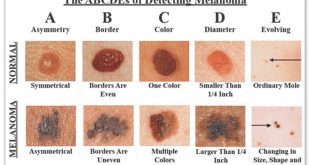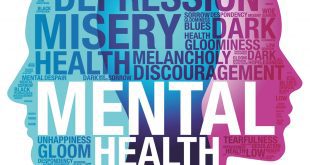Submitted by Hospice of Marion County
 As we age, it’s expected that we all have what is called a ‘senior moment’ — momentarily forgetting why we walked into a room, forgetting where we put something. We laugh about it with our friends, calling it an age-related problem, but later wonder was it really a temporary lapse in memory or could it be more serious?
As we age, it’s expected that we all have what is called a ‘senior moment’ — momentarily forgetting why we walked into a room, forgetting where we put something. We laugh about it with our friends, calling it an age-related problem, but later wonder was it really a temporary lapse in memory or could it be more serious?
How the brain stores memories
Our brains are a wonderful “computer” that stores memories in different categories: recent–what you ate for breakfast; short-term—the name of a person you met moments ago, and long-term–memories of your childhood.
Aging affects our memory and begins in our 20s. A few cells at a time are lost, with fewer chemicals produced that help the brain function. The older you are, the more these changes affect the memory. There are also changes in the way memories are stored, making it harder to recall information. It’s our short- and long-term memories that usually are not affected by aging. Other conditions that can affect memory include depression, side-effects of drugs, strokes, head injuries and alcoholism.
There are some things to help improve memory such as:
• Make lists, use notes
• Stick to routines and use calendars
• Make associations–connect things in your mind
• Put frequently used items in the same place each time
• Learn new things, do brain games, learn a new language
• Exercise, meditation, and deep breathing
• Hydration is important
• Preventative measures such as stop smoking, drink alcohol in moderation
• Sleep is especially important, regenerative and restorative
When is it a serious memory problem?
Don’t remember your own phone number or address? Is there something you’re forgetting that your spouse or family member has noticed is an increasing frequency? You may want to seek further evaluation from your physician. These scenarios could be an indication of memory decline versus a momentary senior moment:
• You lose your car in the parking lot because you forgot the color, make and model
• You have always had a remarkable memory and now you can’t remember anything
• You get lost in places you should know well
• You ask the same questions over and over
• You are unable to follow directions
• You are confused about time, people, or places
Serious memory problems usually worsen over time with lapses becoming the norm. With mild cognitive impairment (MCI), patients are more likely to develop dementia. Although there are many different types and causes of dementia, the four most common are: Alzheimer’s, Vascular, Frontotemporal, and Lewy Body. Depending on which one is diagnosed, the progression varies.
Understanding and living with a loved one’s dementia
Once reality sinks in that your loved one has been diagnosed with dementia, there can be an anxiety that hangs over you and them. At times each of you may be confused by the reactions and behaviors of the other. That’s to be expected and very common.
Hospice of Marion County offers sensitivity training which enables caregivers to have a better understanding of what it’s like to be someone living with dementia. This training includes the Virtual Dementia Tour® which helps caregivers understand the challenges people living with dementia face on a daily basis, including Teepa Snow’s Positive Approach® techniques which teaches HOW to live in a relationship with someone living with dementia. If you are interested in going through this workshop, contact DJ Ryan, Community Education Liaison RN, who is a Virtual Dementia Tour® Certified Instructor.
DJ can be reached at (352) 857-7644 or at dryan@hospiceofmarion.com
 Central Florida Health and Wellness Magazine Health and Wellness Articles of the Villages
Central Florida Health and Wellness Magazine Health and Wellness Articles of the Villages



